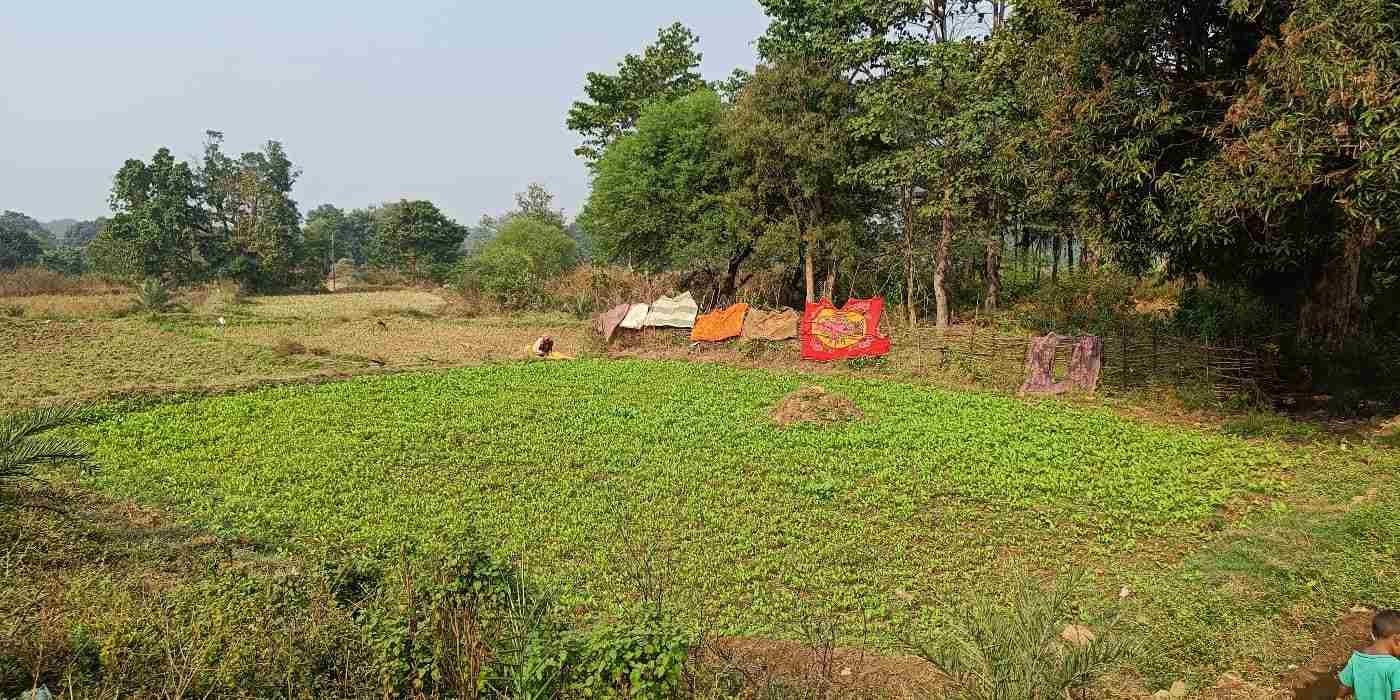
ChAracterize, RevIve, Support, Monitor and MAnage (CARISMMA) sustainable food systems study
Background
India is home to 705 individual indigenous tribal communities who are recognised as “Scheduled Tribes” (STs) by the Indian Constitution and constitute 8.6% of the country’s population. Despite their rich traditional ecological knowledge (TEK), access to biodiverse food systems, and schemes supporting tribal welfare, the ST communities have compromised nutritional status and subpar quality of life which could be attributed to socio-economic, environmental and demographic transitions and other factors. Their distinctive food systems are also facing erosion.
Aim
We aim to characterize, revive, support, monitor and manage sustainable food systems to address malnutrition in indigenous tribal communities of India. Additionally, we will pilot a food systems intervention, co-developed with, and implemented in, one tribal community, with the aim of supporting the nutritional wellbeing of this population
Research Methodology
Develop, adapt, standardize and pilot toolkits on food systems, their drivers and assessment of nutritional status.
For the prospective cohort phase: Mixed methods approach will be used to collect data from three tribal communities, namely Gond (MP), Dongria-Khondh (Odisha) and Garo (Meghalaya). Data on multiple indicators including climate, agroecology, traditional ecological knowledge, nutritional status including dietary and nutrient intake, anthropometric measurements, nutritional biomarkers, and gut microbiome will be collected during the periodic follow-ups of up to 3 times a year for 3.5 years.
For model building: The data generated will be used to create decision algorithms based on agroecological, geospatial, soils, climate, nutritional status and traditional ecological knowledge into simple actionable outputs for food systems interventions for the specific tribal communities. Feature selection techniques will be implemented for the identification of relevant aspects of input parameters. Data-driven machine learning models will be built using an array of features yielding nutritional well-being as the output parameter. Analysis of this data is expected to lead to food systems interventions.
For pilot intervention: Based on the previous work by the study team, a pre-post intervention study will be planned and implemented, parallelly. This food systems intervention will be co-developed in consultation with the community and key stakeholders for the Sauria Paharia tribal community in Jharkhand. This intervention will address key food systems drivers while embracing traditional knowledge and environment-friendly technology to improve nutrition and health outcomes in women and under-5 children.
Current Status
Startup activities commenced



